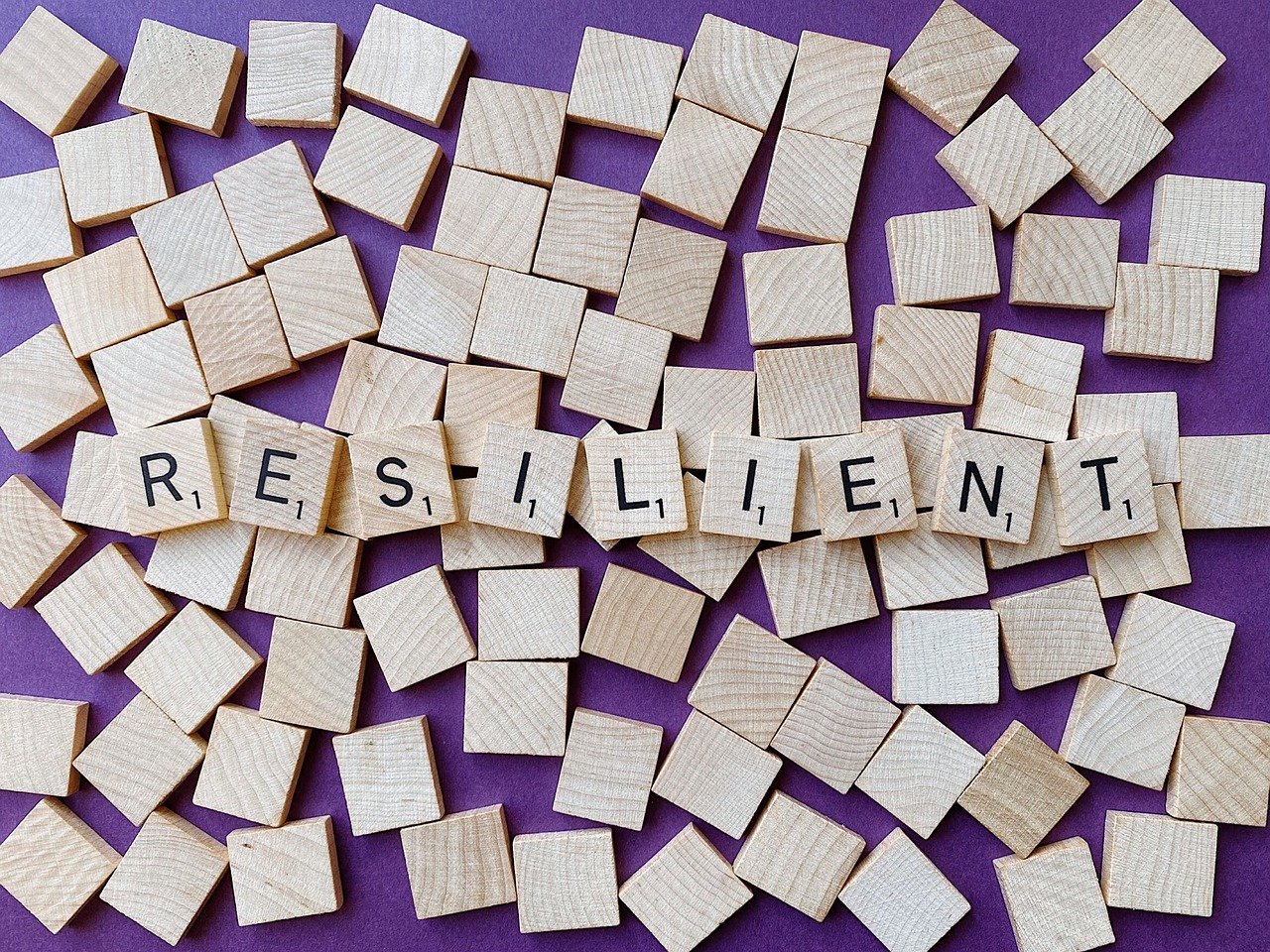-
Separation Anxiety and School Refusal
The beginning of a new school year can be a threat to some children, resulting in elevated anxiety levels and possible school-related disorders, such as separation anxiety disorder and school refusal.
-
What is Religious OCD?
People with religious OCD strongly believe in and fear punishment from a divine being or deity.
-
Online Therapy and Internet Counseling
The emergence of online therapy and phone therapy has revolutionized the way counseling is performed.
-
Hoarding and OCD
There is a difference between people who have collections of items and those who have accumulated so much that their possessions have literally taken over their home or yard. When a person’s life begins to be so affected by their items that they can no longer safely live in their home or they aren’t able to give up even a tiny portion of their collection, they’ve crossed over into the realm of hoarding.
-
LGBT Anxiety
Despite recent acceptance, people who identify as lesbian, gay, bisexual, or transgender still face a number of social stigmas and discrimination. It’s no wonder that this can lead to stress and anxiety for those in the LGBT community.
-
Obsessive-Compulsiveness in New Mothers
Many things can cause or increase your risk of developing OCD, such as family history and biological changes like the ones most women experience with childbirth.
-
Cell Phone Addiction
According to recent studies, 90% of Americans would fall into the category of overusing or abusing their smartphones, while between 10 – 12% can be diagnosed with an actual addiction.
-
Emetophobia: The Fear of Vomiting

The fear of vomiting, officially known as emetophobia, is a phobia that affects millions of people. And, the good news is that help is available.
-
Insomnia and Anxiety/Depression

Research has shown that Cognitive Behavioral Therapy has longer-lasting, more sustainable effects on insomnia and depression. This is because it teaches you a skill set that you can use for the rest of your life.
-
Resilience Training

Resilience training can be used to minimize negative thoughts and help you learn ways to bounce back effectively from life’s setbacks.